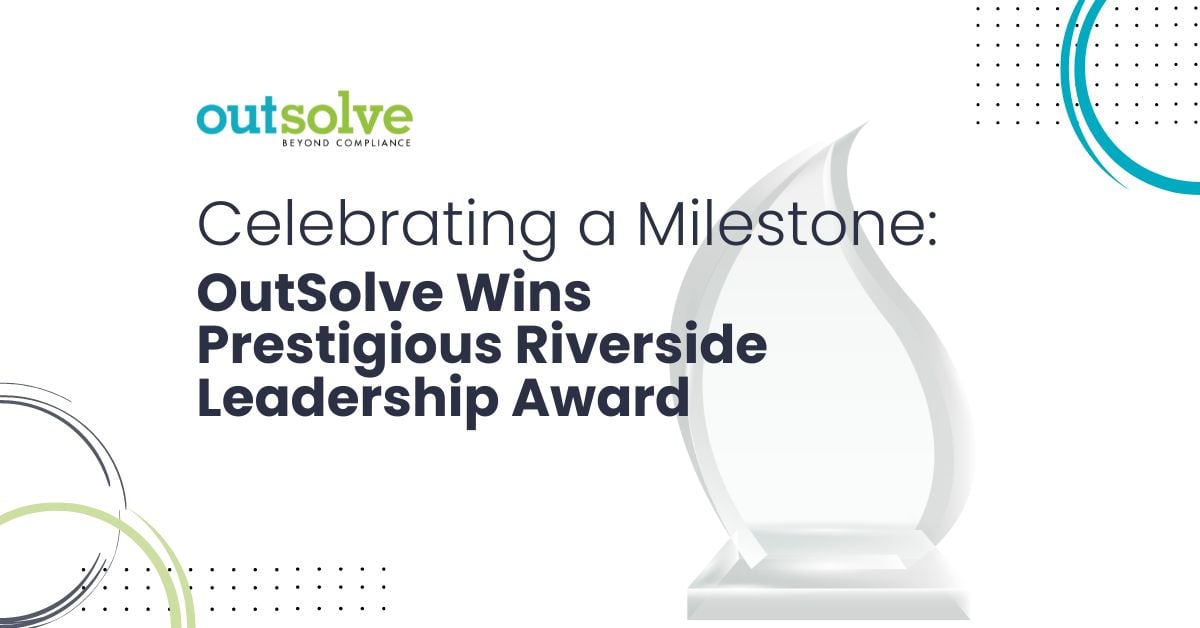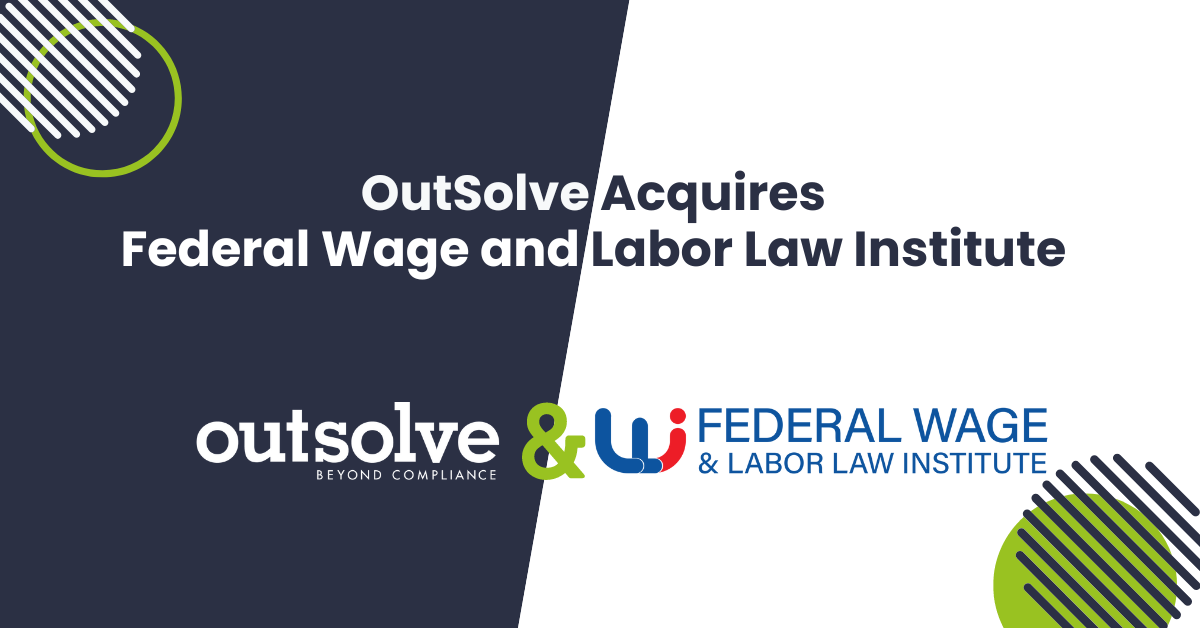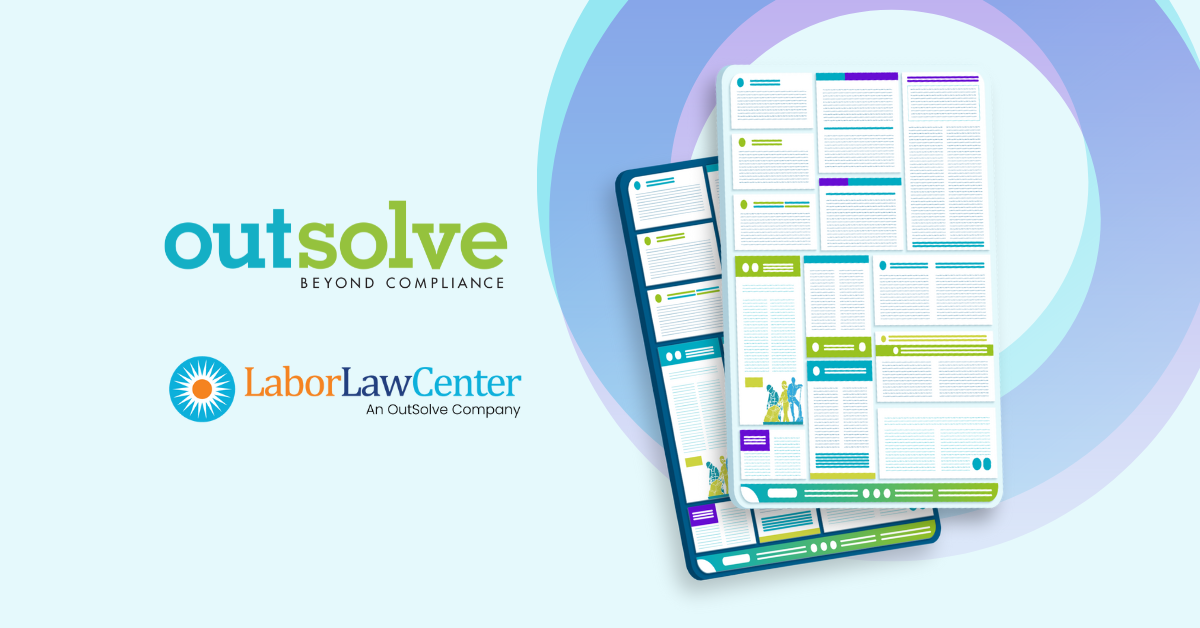The Federal government is supposed to be a model employer. This means that Federal employees may be subject to regulations or afforded certain protections prior to members of the general public. The Rehabilitation Act of 1973 is an example of such protection.
Toni Ahl Accommodation Requests and COVID 19 Vaccine RequirementsOFCCP wishes to return to the long-standing policy and practice on religious exemption under the Bush and Obama administrations
OutSolve OFCCP Submits Proposal to Rescind Final Rule Regarding Religious Exemption
Celebrating the unique and rich history of American Indians and Alaskan Natives is a year-long commitment for the Office of Federal Contract Compliance Programs and its Indian and Native American Employment Rights Program.
Carla Pittman November is National Native American Heritage Month AECOM Management Services Enters Into a Conciliation Agreement with OFCCP
AMS will pay $205,000 in back wages and interest to 67 Black applicants
Alex Gonzalez
Nov 2, 2021 9:50:33 AM
AECOM Management Services Enters Into a Conciliation Agreement with OFCCP
AMS will pay $205,000 in back wages and interest to 67 Black applicants
Alex Gonzalez
Nov 2, 2021 9:50:33 AM
AMS will pay $205,000 in back wages and interest to 67 Black applicants
Alex Gonzalez AECOM Management Services Enters Into a Conciliation Agreement with OFCCP
The end of the year is approaching. A time when strategizing and planning seem to rule our days, and meetings, meetings, and more meetings live on our calendars like a bad guest that won't go home.
OutSolve 2022 Compliance Roadmap - 5 Things You Need to Know Thomson Reuters Enters into a Conciliation Agreement with OFCCP to Resolve Pay Discrimination Allegations
Thomson Reuters will pay $550,000 in back wages and interest to 113 class members
OutSolve
Oct 25, 2021 5:54:43 PM
Thomson Reuters Enters into a Conciliation Agreement with OFCCP to Resolve Pay Discrimination Allegations
Thomson Reuters will pay $550,000 in back wages and interest to 113 class members
OutSolve
Oct 25, 2021 5:54:43 PM
Thomson Reuters will pay $550,000 in back wages and interest to 113 class members
OutSolve Thomson Reuters Enters into a Conciliation Agreement with OFCCP to Resolve Pay Discrimination Allegations
 AstraZeneca Enters into Conciliation Agreement with OFCCP to Resolve Pay Discrimination Allegations
AstraZeneca will pay $560,000 in back pay and interest to 318 employees
OutSolve
Oct 25, 2021 5:44:22 PM
AstraZeneca Enters into Conciliation Agreement with OFCCP to Resolve Pay Discrimination Allegations
AstraZeneca will pay $560,000 in back pay and interest to 318 employees
OutSolve
Oct 25, 2021 5:44:22 PM
AstraZeneca will pay $560,000 in back pay and interest to 318 employees
OutSolve AstraZeneca Enters into Conciliation Agreement with OFCCP to Resolve Pay Discrimination Allegations
October is National Disability Employment Awareness Month. You have probably seen invitations to attend webinars this month about disability employment awareness. I plan to attend several different events. I have found that each webinar approaches the subject matter differently and provides various insights into disability and employment.
As we know, the purpose of the Americans with Disabilities Act (ADA) is to assist those with disabilities to be hired and remain in the workforce. It is the affirmative duty of employers to provide reasonable accommodations to the known disabilities of its employees and/or applicants for employment. This duty also applies to those employees who have a record of such a disability.
A disability is defined by the ADA as being a physical or mental impairment that substantially limits one or more major life activities. This includes the systems of the body that might be substantially limited as well as one or more organs of a bodily system. Many disabilities are unseen and employers are not expected to try to guess if an employee is disabled and needs an accommodation. It is a good idea when a supervisor sees an employee struggling with the essential functions of their job to ask if there is anything that can be done to assist them to perform their jobs.
Those employees with a record of a disability are entitled to reasonable accommodations too. Many times employees who have had physical or mental impairments that met the definition of a disability and who have recovered from such condition(s), may still need to be accommodated due their past disabilities. The accommodations could be to attend medical appointments or meetings of some type, eg. 12-step meetings.
Although employees who are regarded as being disabled or those who have associations with someone with a disability are covered by the ADA, they are not entitled to a reasonable accommodation. I do want to point out, however, that they may be entitled to benefits under the FMLA.
Working with employees who are entitled to reasonable accommodation to determine what that accommodation should be is to be done through an interactive process with the employer. Options should be discussed and the parties should reach a conclusion that will provide the employee with an effective accommodation. The accommodation does not have to be the accommodation the employee requested. Let’s remember that the purpose of the ADA was to end discrimination due to disabilities and to assist applicants and employees with finding reasonable accommodations so that they can be gainfully employed. Perhaps focusing on someone’s abilities rather than their disabilities would be the best way to alleviate disability discrimination.
In the National Disability Employment Awareness Month, we should celebrate the strides that have been made and strive to do even better in the future. The Department of Labor, Office of Disability Employment Policy (ODEP), is offering a free poster to help celebrate this month. The poster may be ordered or is available for download and printing at www.DOL.gov/agencies/ODEP. I encourage you to display the poster.
If you have any questions about the interactive process or the ADA, feel free to reach out to me at eeoadvantage@gmail.com or (502) 553-7648.
Merit agreed to pay $295,000 and offer 46 future opportunities for findings that were identified in a compliance review in November 2013
OutSolve OFCCP and Merit Services Inc. Enter Into Conciliation Agreement to Resolve Hiring Discrimination ClaimsFurther guidance will be provided by OSHA to employers in the next several weeks.
OutSolve Biden’s Path Out of the Pandemic Strategy Impacts All Employers with 100 or More Employeescompany news

Mary MaddenApr 26, 2024

Mary MaddenApr 11, 2024

Carla PittmanMar 26, 2024
Need More Help? Contact OutSolve.
We offer HR compliance, anti-discrimination, and fair pay solutions.



